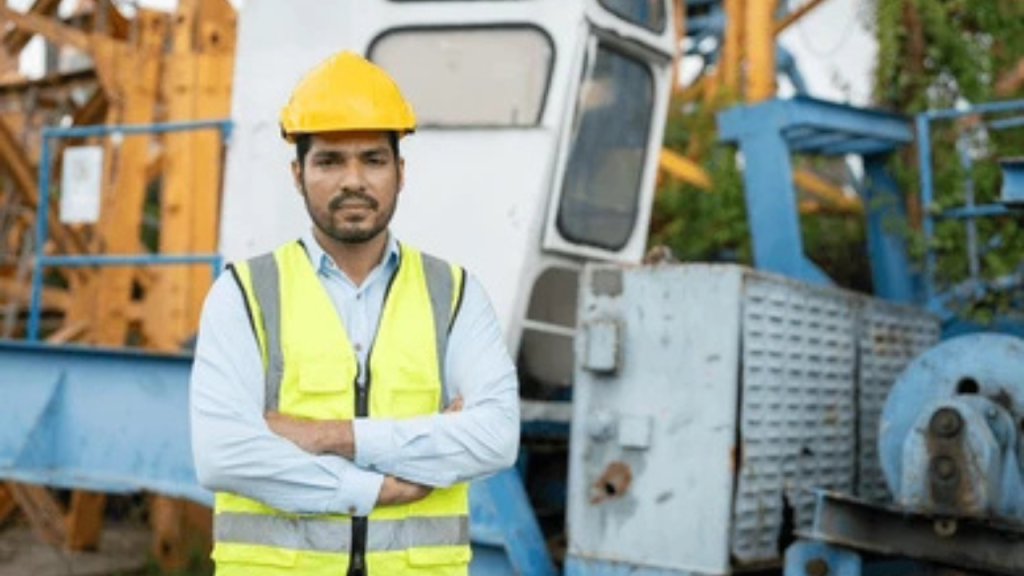- Home
- BHEL Crane Management Instructor

Crane management instructor (C.M.I) .The team who lead the more challenging works among all the works done at manufacturing unit. Without their united support nothing can be done in workspace .Their work is of responsibility and timing so we can say in one word the one man army with lots of hands and eyes .The team of all the instructors will gave the power to our unit of doing every impossible work convert into a normal task which always makes B.H.E.L proud .
We makes the new world
Bharat heavy electricals limited.

A crane instructor is a main body of crane managemnet system who ensure operates cranes to lift, move, and position heavy objects. They use advanced machinery, often working closely with others on the ground who guide them with signals or radio. Crane operators handle all aspects of crane operation, including safety.
- Operating the crane: Using controls (buttons, levers, pedals) to manipulate the crane’s movement.
- Lifting and moving objects: Attaching loads to the crane and safely lifting and moving them.
- Communicating with others: Following instructions from ground crew and communicating work schedules.
- Ensuring safety: Inspecting equipment, adhering to safety regulations, and placing outriggers to prevent capsizing.
- Performing maintenance: Occasionally repairing and maintaining the crane.
- Understanding load charts and rigging techniques: Ensuring the crane is used within its capacity and that loads are safely secured.
- Mobile cranes: Can be moved on a chassis to different work sites.
- Tower cranes: Used on high-rise construction projects.
- Boom trucks: A type of mobile crane that uses a boom to lift and move objects.
- Overhead cranes: Used in industrial settings to lift and move materials overhead.
- Practical experience: Working with heavy machinery and understanding its capabilities.
- Understanding of safety procedures: Knowing how to inspect equipment and operate the crane safely.
- Rigging knowledge: Understanding how to attach loads to the crane securely.
- Communication skills: Being able to follow instructions and communicate with others effectively.
- May need a high school diploma or equivalent.

